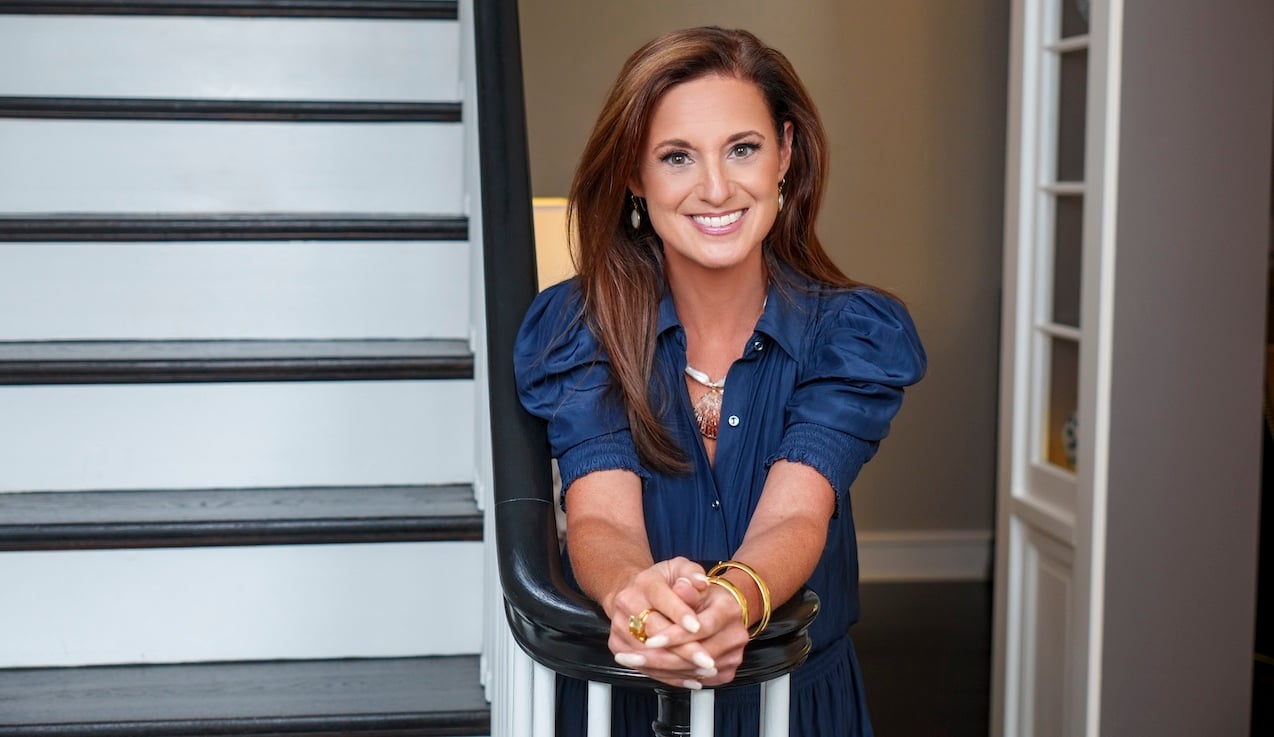Did you know there are more than 500 Common Application member colleges in 47 states in the U.S.?
And more member colleges are on the horizon.
The Common Application recently announced that member colleges may choose not to require recommendation letters and essays. If I was a high school student today, I probably would think my life just got a whole lot easier.
REVOLUTION TIP: Learn how teachers can help you get into college.
I understand that Common App wants as many member colleges as they can get. By allowing colleges who don’t practice a “holistic admissions” process to join, Common App is changing its mission—and maybe that opens doors for more students. But I also know firsthand that joining the Common App creates an exponential proliferation of applications for a college.
I remember being a Dean of Admissions—the pressure to produce an application increase every year drives institutional policy sometimes more than we care to admit. Changes to the largest application platform for American colleges will impact the students in more ways than one. Some changes will make things easier for students...while others will make this already intensely competitive process even more so.
"More applications mean an even lower admit rate for the students who apply." TWEET THIS
That’s because becoming a member college for the Common App usually translates into an application windfall for them. Unless the college increases their freshmen class size simultaneously, more applications mean an even lower admit rate for the students who apply. If a member college goes one step further and forgoes recommendation letters or essay requirements, their applications will increase even more.
Let’s not forget that with less required elements, these colleges are going to focus much more on a student’s numbers. Are your test scores and grades self-explanatory and reflective of who you are? I hope so. But most students feel like there’s a whole lot more to who they are than just a test score or a GPA.
"With fewer requirements, Common App colleges are going to focus much more on numbers." TWEET THIS
I would argue that as the Common App makes applying to college easier and faster for students, colleges will see a different group of applicants. Colleges might even find that it’s harder to predict their yield rate with a group of students who applied simply because it was easier and faster, rather than applying because it was a “good fit” for them. Ease and speed don’t always translate into quality or the right “match.” Taking the long and arduous path is a lot less popular, and it can sometimes dissuade the most promising individuals from applying.
"Ease and speed don’t always translate into quality or the right match." TWEET THIS
The Common App allows a student to apply to multiple colleges (sometimes all of the colleges on their list) in a straightforward and streamlined way. But ease and speed should be less of a student’s motivation when choosing to apply to just one more college through the Common App. Take the time to make sure every application is done with care. When you do that, your application will be stronger. If the college has more requirements, it means they want to learn more about you. And that’s a good thing.
Try Admissions Revolution FREE and get step-by-step guidance for getting into your dream college.












